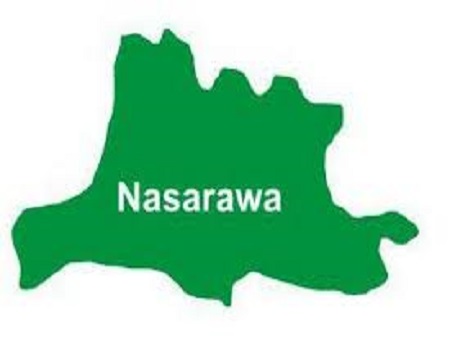Women farmers in Nasarawa State, have cried out to the state and federal governments over the loss of their agricultural products to flood this season.
The women farmers cried out during a press briefing to mark this year’s World Food Day celebration in Lafia, through the chairperson of the Association of Small Scale Agro Producers In Nigeria (ASSAPIN), Mrs Justina Anjugu.
The briefing was done in collaboration with the representatives of Small Scale Women Farmers of Nigeria (SWOFON), Mrs, Juliet Sarki and Community Based Agricultural Support Service, YMCA Madam Hills Field Officer, Ruth Joseph respectively.
The programme with the theme: “Leave no one behind”, was supported by Oxfam and the Civil Society Legislative Advocacy Center (CISLAC) as well as other organizations for their support.
They said agricultural products estimated at over N200million were lost to flood by members this year alone.
They said crops estimated at over N50 million were lost in Lafia local government area alone, adding that the statistics of the loss were a rough estimate, adding that the damage could be more especially around the riverine areas.
They further revealed that besides the damage to the crops, the flood also displaced over 15, 000 women farmers from their homes across the state.
The local government areas worse hit by the disaster, according to them include, Lafia, Toto, Nasarawa, Awe and Doma.
They lamented that the development is already affecting their socioeconomic lives while expressing fear that the situation could lead to food shortages across the state.
The women farmers noted that besides the flood, poor access and ownership of farmlands, rising insecurity and difficulties in assessing micro credits, loans to subsidies their production were some of the major challenges faced by them
They urged appropriate authorities for special intervention funds to boost food production ahead of the dry season farming and next year.
They also urged governments to make fertilisers, improved seedlings and agrochemicals to aid all-round activities, while also advocating for the provision of gender-friendly equipment to enable them to carry out their vocation without much stress among other interventions.
ALSO READ FROM NIGERIAN TRIBUNE
WATCH TOP VIDEOS FROM NIGERIAN TRIBUNE TV
- Let’s Talk About SELF-AWARENESS
- Is Your Confidence Mistaken for Pride? Let’s talk about it
- Is Etiquette About Perfection…Or Just Not Being Rude?
- Top Psychologist Reveal 3 Signs You’re Struggling With Imposter Syndrome
- Do You Pick Up Work-Related Calls at Midnight or Never? Let’s Talk About Boundaries







